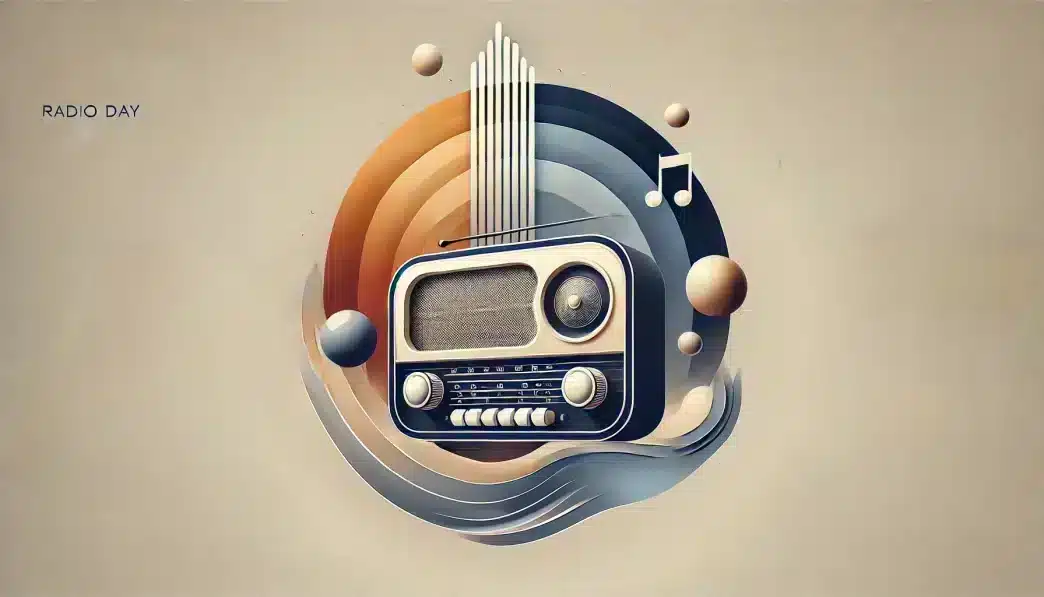What is World Radio Day?
World Radio Day is celebrated annually on February 13 to recognize the importance of radio as a medium for communication, education, and entertainment. Established by UNESCO in 2011 and later endorsed by the United Nations General Assembly in 2012, the day marks the anniversary of United Nations Radio, which was launched in 1946.
Radio remains one of the most accessible and widely used forms of mass communication, reaching millions of people across different cultures, backgrounds, and geographic locations. It plays a crucial role in spreading information, supporting disaster relief efforts, preserving cultural heritage, and promoting dialogue in communities worldwide.
History and Origin
The idea of World Radio Day was proposed by the Spanish Academy of Radio in 2008, and UNESCO officially adopted the proposal in 2011. Since then, the event has been observed globally, with radio stations, organizations, and communities coming together to highlight the significance of radio in shaping public opinion and fostering social connections.
Each year, UNESCO sets a theme for World Radio Day, reflecting current global issues and emphasizing radio’s role in addressing them. In 2025, the theme is radio and climate change, focusing on how radio can help raise awareness, provide critical updates during environmental crises, and support communities affected by climate-related disasters.
Who Observes World Radio Day?
- Radio broadcasters and stations that engage listeners with special programming and discussions.
- Journalists and media organizations that emphasize the role of radio in providing reliable news and information.
- Educators and students who learn about the history and impact of radio as a communication tool.
- Listeners and communities who celebrate the role of radio in daily life and public discourse.
- Governments and policymakers that promote access to free and independent radio.
Slogans and Themes
World Radio Day highlights the power of radio in uniting communities, providing information, and preserving cultural heritage. Common slogans include “Radio: The Voice of the People,” “Celebrating the Power of Sound,” and “Connecting the World Through Waves.”
Colors, Symbols, and Patterns
Colors
- Blue represents communication, trust, and reliability in broadcasting.
- White symbolizes clarity, truth, and transparency in journalism.
- Orange reflects creativity, energy, and the dynamic nature of radio.
Symbols
- Radio waves signify the transmission of sound and information worldwide.
- Microphones represent the voices of journalists, announcers, and listeners.
- Headphones symbolize personal engagement with radio content.
Patterns
- Soundwave designs reflect the nature of audio communication.
- Vintage radio icons highlight the history and evolution of the medium.
- Broadcast tower imagery represents the reach and influence of radio.
How to Observe World Radio Day
- Tune in to a special broadcast from your favorite radio station.
- Participate in discussions about the role of radio in media and society.
- Support independent and community radio stations that promote diverse voices.
- Learn about the history of radio and its impact on global communication.
- Share your favorite radio moments on social media using World Radio Day hashtags.
Most Used Hashtags
- #WorldRadioDay
- #RadioForAll
- #PowerOfRadio
- #OnAir
- #Broadcasting
Why is World Radio Day Important?
World Radio Day celebrates one of the oldest and most influential forms of media, reminding people of its unique ability to inform, educate, and connect communities. Despite the rise of digital technology, radio remains an essential tool for emergency communication, cultural preservation, and free expression.
By observing this day, individuals and organizations reaffirm the importance of independent, accessible, and reliable radio broadcasting in a world where trustworthy information is more crucial than ever. Whether through music, talk shows, news, or storytelling, radio continues to play a fundamental role in shaping societies worldwide.
Features
Contact Info
February 13: Radio Day
Why do you keep falling for the same type?
Read the article Lovemaps: the hidden blueprint of our love.

